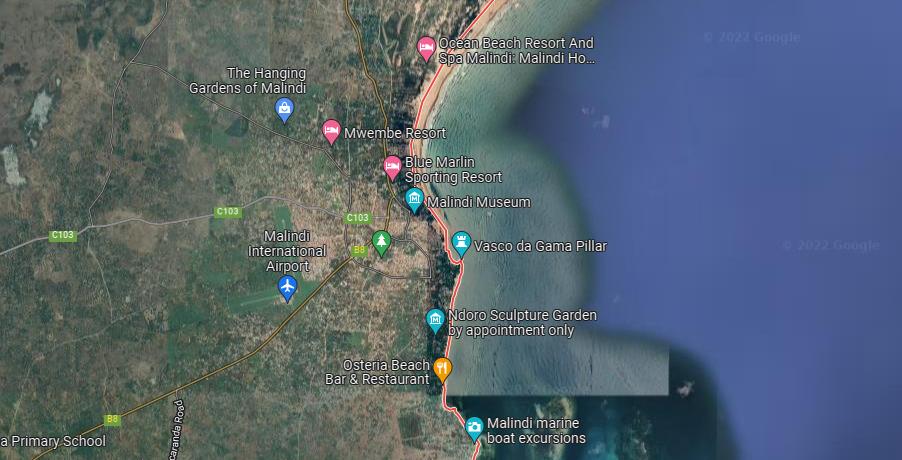Agroforestry in Malindi – Kenya
After a career at KPMG, and as director of the Dutch African Business Counsel, Bob van der Bijl decided to start a forestry project in Malindi, Kenya. The project is ongoing and a large area of trees has been planted and as such it is successful. However on the long term it is important to add a viable cost recovery model to the project in order to make it also financially sustainable. Malindi is a beautiful area at the Kenyan coast, perfectly apt for tourism. Besides the option of tourism there is also an option to use the forest for inter-cropping. Another option is to add farming and horticulture and food processing to the project, which increasingly is becoming an enterprise in its own right. Machinery has been bought for production of juices and wine. In the area of Malindi many kinds of fruit are harvested and a large part of the production ends up merely as waste. This waste can be bought for a low price and be used for production of juice or wine.

Within this framework the following assignments for interns are prioritized:
- Sustainable forestry: concepts are developed in which not only one tree species is planted, but a mix of species. A number of species can bring medium-term revenue (e.g. Melia Volkensii ), but by planting a mix immediately (or, for example, as Malindi is doing now after two years between rows of plants: by planting tamarind between the Melia volkensii) there is much more biodiversity and something remains after the faster growing trees have been harvested. The point has almost been reached where the location of the forestry project can be considered an Ecosystem Restoration Camp, where volunteers will be attracted who plant and maintain trees both on and around the land of Malindi.
- Sustainable banana cultivation: currently a proposal is being finalized for the Dutch Good Growth Fund for planting plantain bananas in an agroforestry setting, including a number of other crops (e.g. ginger) and of course trees for shade and windbreaks. This plantation should be bio-certified and ideally even Bio-Suisse (>7% of the original vegetation is maintained). The pilot will initially be about 15 hectares.
- Setting up a nursery for fruit trees, vegetables and decorative plants. This nursery will be placed in the context of a demonstration farm for fruit, where local herbs will also be grown. The intention is to use funding from NGOs (for example GiZ) and local governments to train local farmers and students in modern fruit and vegetable growing. In addition to planting and maintenance, this includes smart water solutions, biological systems and innovations such as hydroponics. The interns can also learn about tree planting (in an area filled with different local tree species).
- Food processing: value addition in the coastal region is limited, while there is a whole range of crops (e.g. mango, pineapple, papaya) with potential for processing. Experiments are now conducted to come up with good recipes (soft drinks, wine, ice cream, jam, etc).These recipes will be tested in a small catering facility (container) in Malindi.
Also a number of other internship assignments can be identified:
- Fermenting various fruits and vegetables, how to do that with low cost and low energy use?
- Making wine and juice and scaling the production in a simple way
- Develop packaging for these products, and also for marmalade (bottles, glass?).
- Conducting market research and develop a customer network for these products
- Implement and experiment with intercropping in the newly planted forest
- Research the opportunities for touristic activities in the forest and in the area
- Develop a plan to grow various crops that are resistant to salinity. In the area groundwater levels are high, but filled with brackish water.
- Implement and experiment with the production of medicinal herbs
- Research and implement drying processes of spices and herbs
- Production of compost and organic fertilizer
- Making a website for the project/enterprise for touristic and business purposes
The Malindi project is developing in close cooperation with Growpact (also in this list) and experiments conducted for the one company may also be applied to the other.